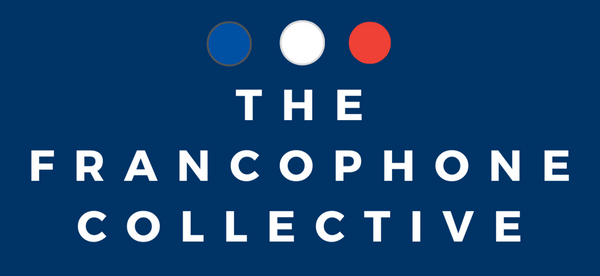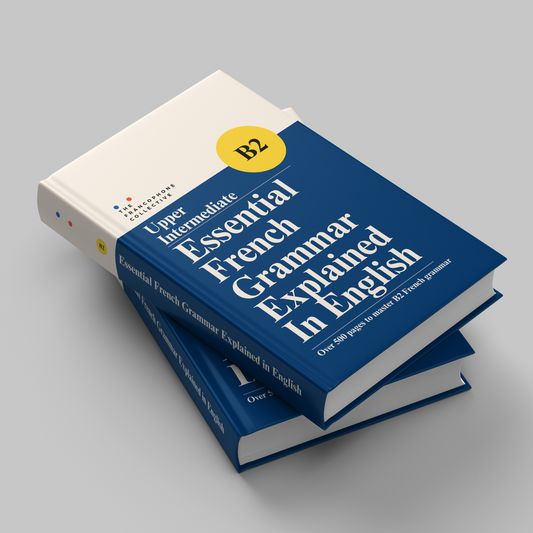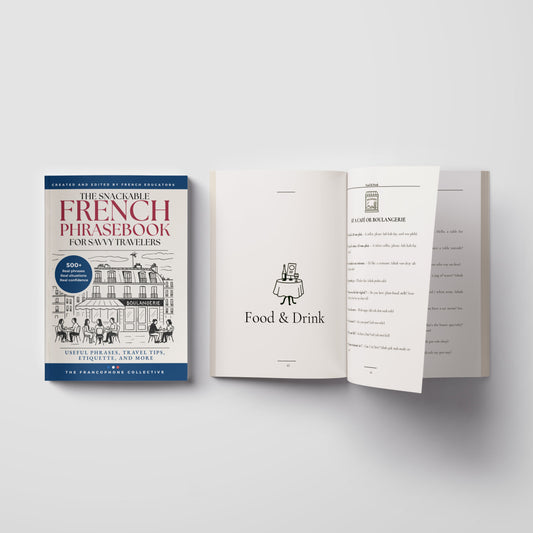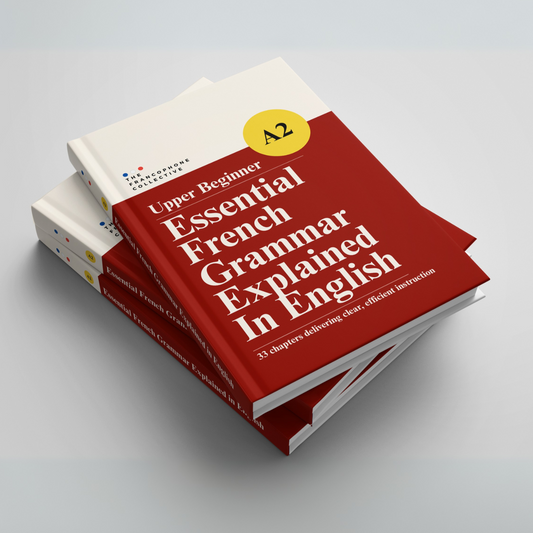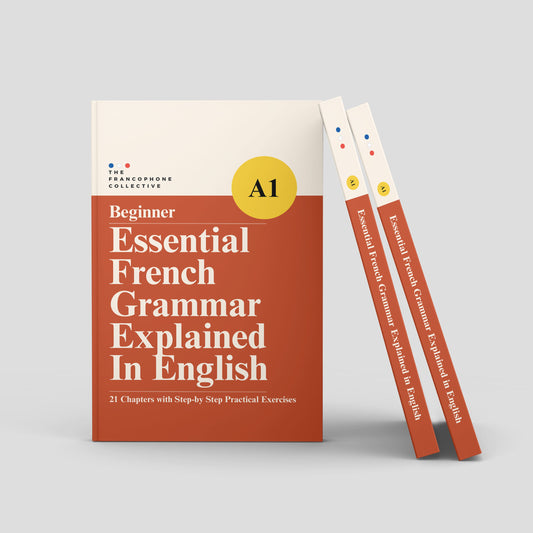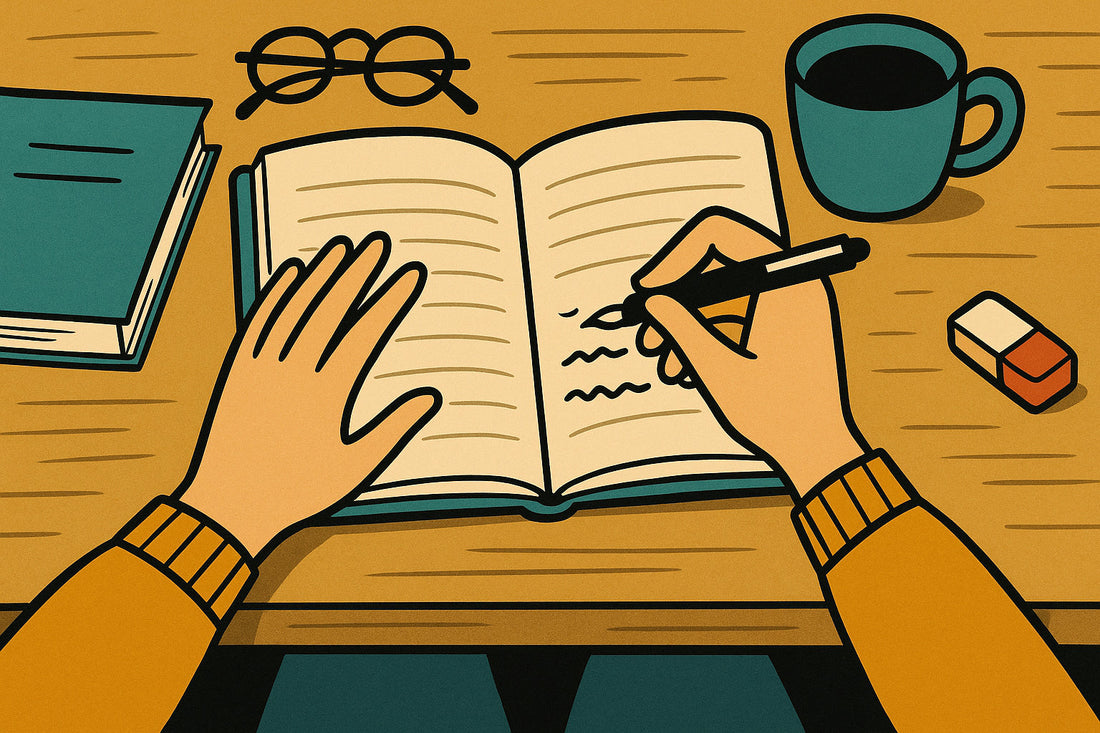
Why books are still the best way to learn French grammar
In a world brimming with apps, AI tutors, and gamified language platforms, it might seem old-fashioned—quaint, even—to reach for a book when learning French grammar. But for those who seek depth, structure, and long-term mastery, books remain unrivalled. They offer something that algorithms and swipeable quizzes cannot: a foundation built on clarity, context, and cumulative knowledge.
First, books are designed with progression in mind. A well-structured French grammar book walks you through concepts in a logical sequence, from the basics of gender and articles to the nuances of the subjunctive and indirect speech. Each chapter builds upon the last, ensuring you're not just memorising isolated rules but developing an internal framework of how the language works. Unlike many digital tools that throw random exercises your way in the name of engagement, books respect the learner's need for clarity, continuity, and consolidation.
Secondly, books invite deep focus. Unlike an app that pings with distractions or encourages rapid tapping, a grammar book creates space for contemplation. When you read about the difference between imparfait and passé composé, you're not being nudged toward a high score—you're absorbing patterns, visualising sentence structure, and reflecting on how to express time, aspect, and intent. Grammar becomes not a puzzle to solve in a rush, but a system to understand.
Books also offer flexibility of engagement. You can read a chapter in bed, annotate the margins with your own examples, return to a tricky section again and again without a blinking interface pushing you forward. They are free of subscription models and daily streak pressure. With a book, there is no expiry date on your learning—only the slow, steady layering of knowledge on your own terms.
Moreover, many books explain grammar in your native language, demystifying French rules through familiar comparisons. This bilingual approach helps learners make sense of abstract concepts like verb moods or prepositional usage, rather than simply drilling conjugations without context. A good grammar book doesn't just tell you what's right—it explains why.
Finally, books provide permanence. Screens flash and scroll, but the printed or digital page offers stability. When you study from a grammar book, you build a tangible record of your progress. Your notes, highlights, dog-eared pages—they're proof of effort, visible markers of growth. In a world where information vanishes with a swipe, books allow your learning to stay put.
None of this is to say that apps and audio tools don't have their place. They're fantastic for practising listening, pronunciation, and vocabulary. But when it comes to grammar—the skeletal structure of French—they work best as companions, not substitutes. The real learning happens when you sit with a good book, a pen, and a curious mind.
In the end, learning French is not about hacking fluency in 30 days. It's about understanding how the language breathes. For that, books remain the most patient, precise, and powerful teachers.
